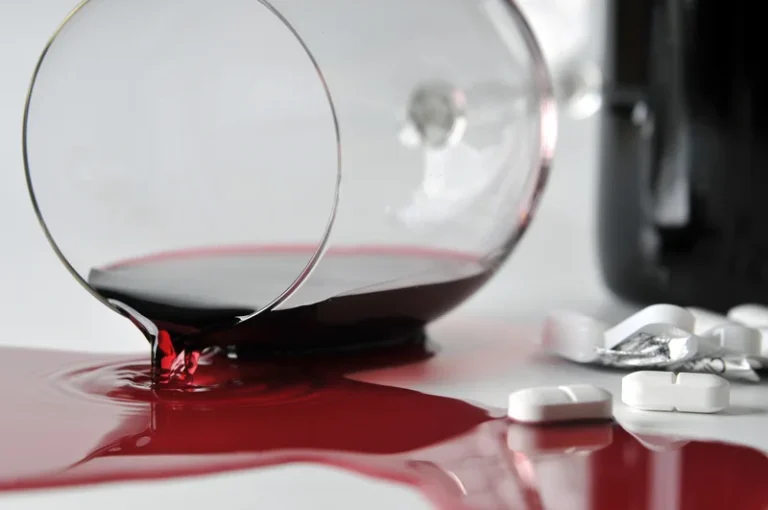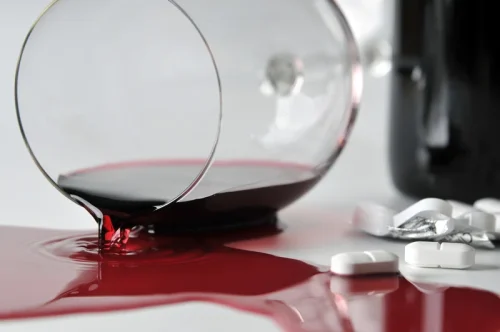
It is https://ecosoberhouse.com/ crucial to establish boundaries and create a safety plan for emergencies. Contact a domestic violence hotline or seek refuge in a shelter for extra help and resources. Remember that you are not alone; some individuals can support you during this tough period. Dealing with a partner who is a violent alcoholic can be a challenging and risky situation.
Ready for Less Anger and More Peace?

It also noted that sexual aggression was higher with alcohol, even in men with low trait anger and reasonable anger management skills. Moreover, alcohol lowers the levels of serotonin — a neurotransmitter that helps regulate our mood. It’s like the brain’s peacekeeping force is suddenly MIA, allowing a mob of rowdy emotions to take over. If you’ve ever wondered why a refreshing drink sometimes leads you down Anger Avenue, you’re not alone. Despite enjoying alcohol’s initial relaxing effects, many people experience a surge in agitation or even downright aggression.

Social and Cultural Factors Allow for More Aggression after
Because alcohol is a psychoactive drug, it temporarily alters your mood, perception and feelings. For example, if you start drinking when you’re lonely and sad, you may find the alcohol makes you feel even more desolate and distressed than you did when you alcohol induced rage were sober. Rage can be triggered by many things, over words at a social gathering, being refused another drink, or even from perceived slights.
Alcohol and Aggression Correlation
- Researchers evaluated the failure to consider future consequences as a significant risk factor for aggression (Bushman et al., 2012) In this study, 495 social drinkers were assigned to a group that consumed alcohol or a placebo group.
- Dysregulation of dopaminergic neurotransmission in AUD has been demonstrated in several brain imaging studies (Leurquin-Sterk et al., 2018; Chukwueke et al., 2021).
- The brain’s prefrontal cortex is responsible for regulating emotions and impulse control.
- Drinking may also be a method to self-medicate negative emotions, including anger.
Third, including both cognitive and relaxation coping skills provides a range of coping skills to assist most individuals with anger problems, i.e., this intervention addresses anger issues for most people. Understanding the connection between alcohol and aggression is essential for mitigating its negative consequences. While anger is a natural and healthy emotion, alcohol can distort perceptions and impair judgment, leading to aggressive behavior that can have severe repercussions for both individuals and society.
- They are best for people who have a high motivation to recover, but cannot leave their responsibilities at home, work, or school.
- If you or a loved one are struggling with alcoholic rage syndrome, it is essential to seek help from a qualified professional who can provide customized support and guidance.
- The urn random assignment was carried out by the project coordinator via a computerized program.
- Specifically, in a situation where non-provocative cues are most salient, the narrowed attentional capacity of the inebriate will be focused on those cues, leaving little space in working memory to focus on less salient provocative cues.
One study published in a journal called Cognitive, Affective, & Behavioral Neuroscience sought to explore factors that make some people more aggressive when they drink. A lack of impulse control can make a person unable to resist the sudden, forceful urge to fly into a rage or act aggressively. Anger is an intense emotion you feel when something has gone wrong or someone has wronged you. Aggression refers to a range of behaviors that can result in both physical and psychological harm to yourself, others, or objects in the environment. The Reframe app equips you with the knowledge and skills you need to not only survive drinking less, but to thrive while doing so.

Inpatient Programs

Individuals who grew up in households where alcohol-fueled aggression was common may have internalized these patterns, unknowingly recreating them in their adult lives. It’s a sobering reminder of how our past can shape our present, even when we’re not fully aware of it. To comprehend why some people become aggressive when drunk, we need to look at what’s happening inside the brain. Alcohol is a complex substance that affects multiple neurotransmitter systems, leading to a cascade of effects on our thoughts, emotions, and behaviors. It’s a complex interplay of biological predispositions, psychological factors, and social influences. Understanding this complexity is crucial for addressing alcohol-induced aggression effectively.
Nipping It in the Bud: Prevention and Management of Alcohol-Related Aggression
It’s a natural human response when life seems unfair or something you value is under threat. “Later on in the night, you may find someone crying or becoming overly emotional, and amphetamine addiction treatment this is because, as the alcohol wears off, there is a big drop in serotonin below baseline,” Tietz explains. This impact can begin to take place after just one drink, depending on the person and other factors, he adds (2).

بدون دیدگاه